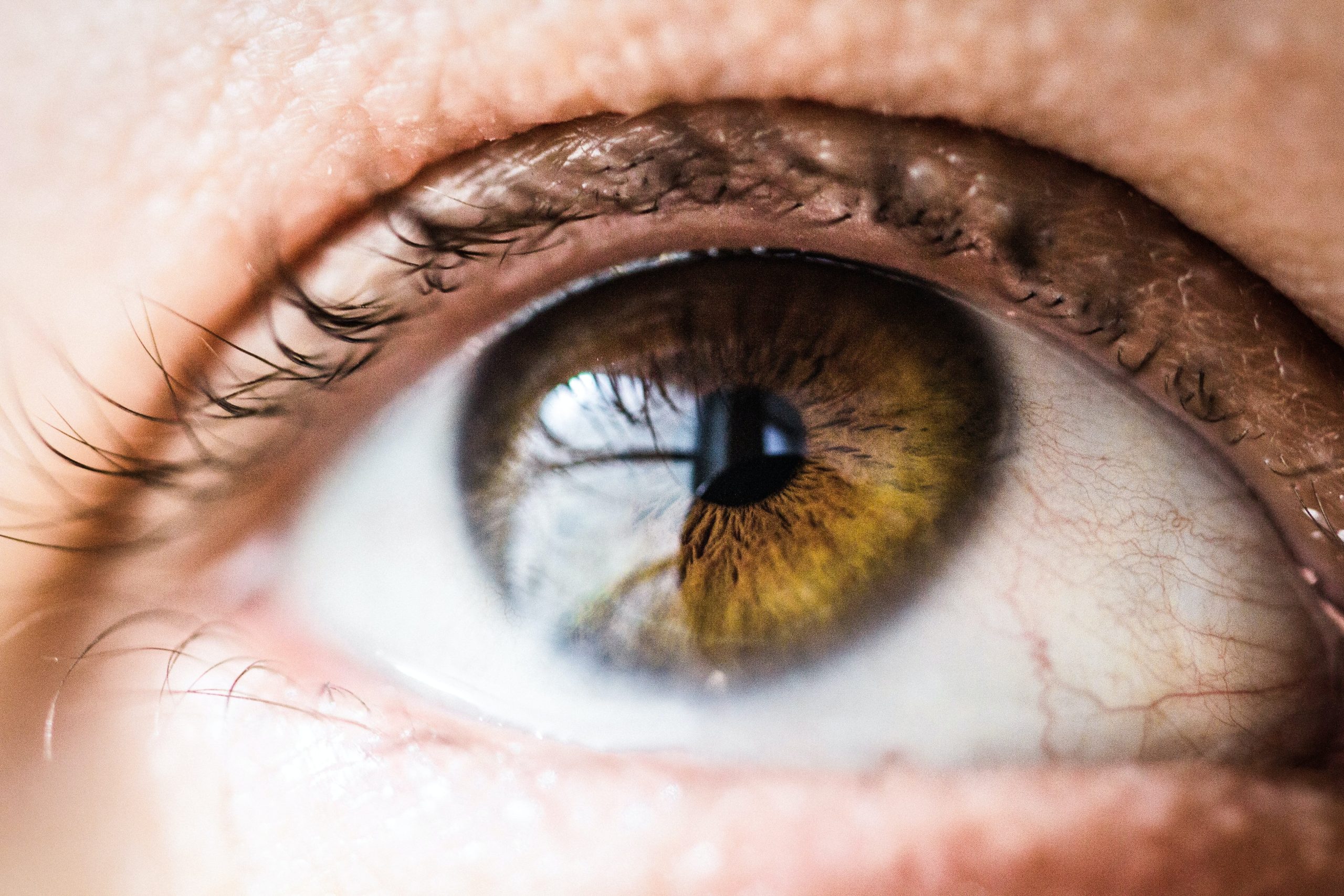Recognizing the symptoms of burnout in medical school is crucial for early intervention and prevention. Here are some common signs of burnout to look out for, along with steps you can take to address them:
- Physical and emotional exhaustion: Feeling constantly tired, drained, and lacking energy. You may experience frequent headaches, muscle pain, or changes in appetite or sleep patterns.
What to do: Prioritize self-care activities, such as getting enough rest, eating nutritious meals, engaging in regular exercise, and seeking relaxation techniques like meditation or deep breathing exercises.
- Decreased performance and cynicism: A decline in academic or clinical performance, decreased motivation, and a negative or cynical attitude towards your studies or patients.
What to do: Talk to a trusted mentor or advisor who can provide guidance and support. Reconnecting with your purpose and finding motivation through meaningful interactions with patients or engaging in extracurricular activities related to medicine can help reignite your passion.
- Emotional detachment and depersonalization: Feeling emotionally numb, detached, or lacking empathy towards patients, colleagues, or the learning process itself.
What to do: Consider seeking professional help, such as counseling or therapy, to address the underlying causes and develop strategies to regain empathy and emotional connection. Engaging in reflective writing or journaling can also help process your emotions.
- Increased irritability and interpersonal conflicts: Finding yourself easily frustrated, agitated, or experiencing conflicts with peers, instructors, or patients.
What to do: Practice stress management techniques, such as deep breathing or mindfulness exercises, to help manage your emotions in challenging situations. Seek support from friends, family, or a counselor to discuss your frustrations and find constructive solutions.
- Loss of interest or enjoyment: Losing enthusiasm for activities or hobbies that used to bring you joy outside of medical school.
What to do: Carve out time for leisure activities that you enjoy and make them a priority. Engaging in non-medical hobbies or interests can provide a much-needed mental break and help restore balance in your life.
- Impaired concentration and decreased productivity: Difficulty focusing, experiencing brain fog, and struggling to complete tasks efficiently.
What to do: Develop effective time management strategies, such as breaking tasks into smaller, manageable steps, utilizing productivity techniques like the Pomodoro Technique, and minimizing distractions. Seek help from academic support services if needed.
If you consistently experience several of these symptoms and they interfere with your daily functioning or well-being, it’s important to reach out for professional help. Consult a healthcare provider, counselor, or mental health professional who can provide appropriate support and guidance tailored to your specific needs. Remember, seeking help is a sign of strength, and early intervention can help you recover and thrive in your medical school journey.










